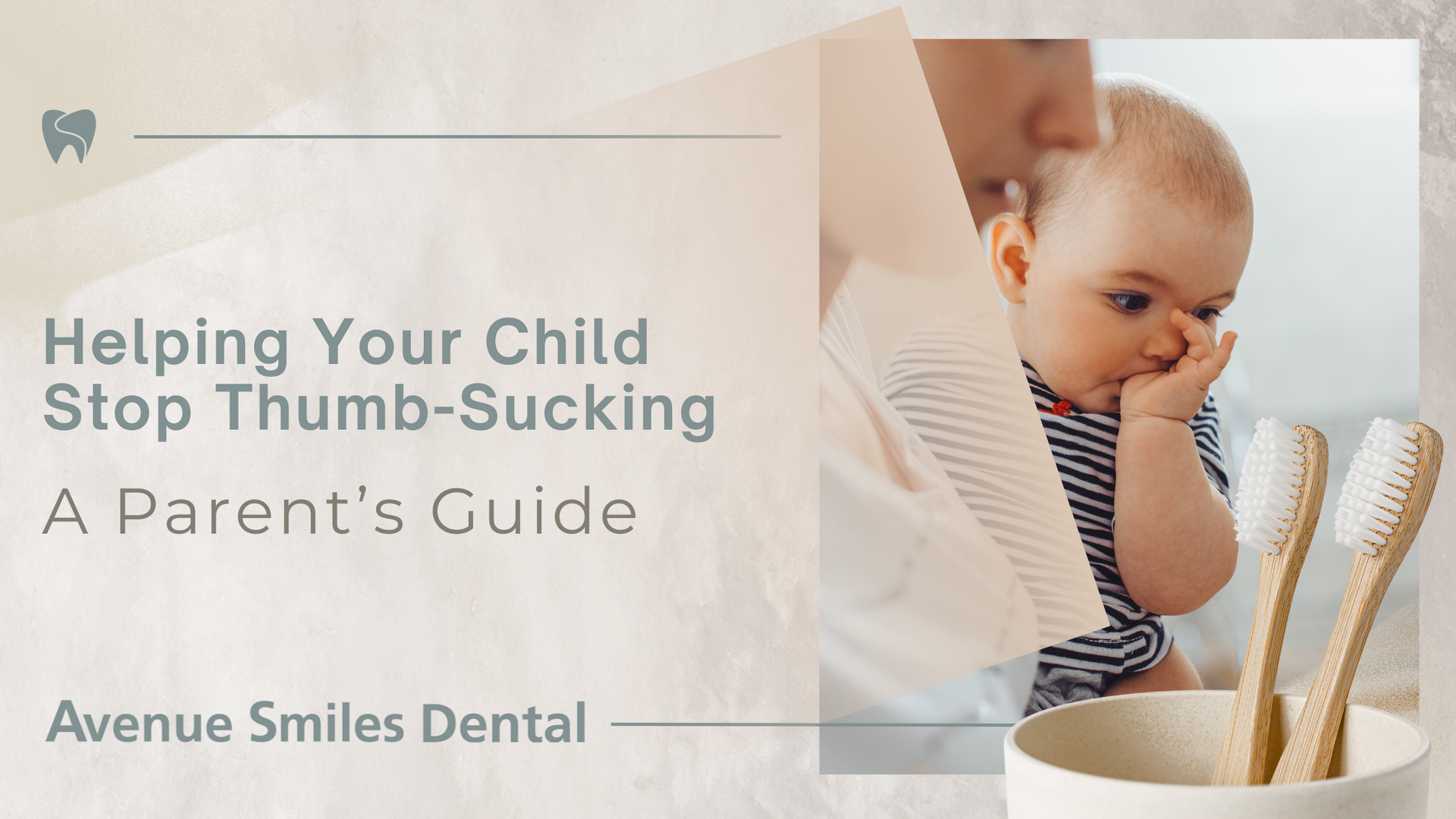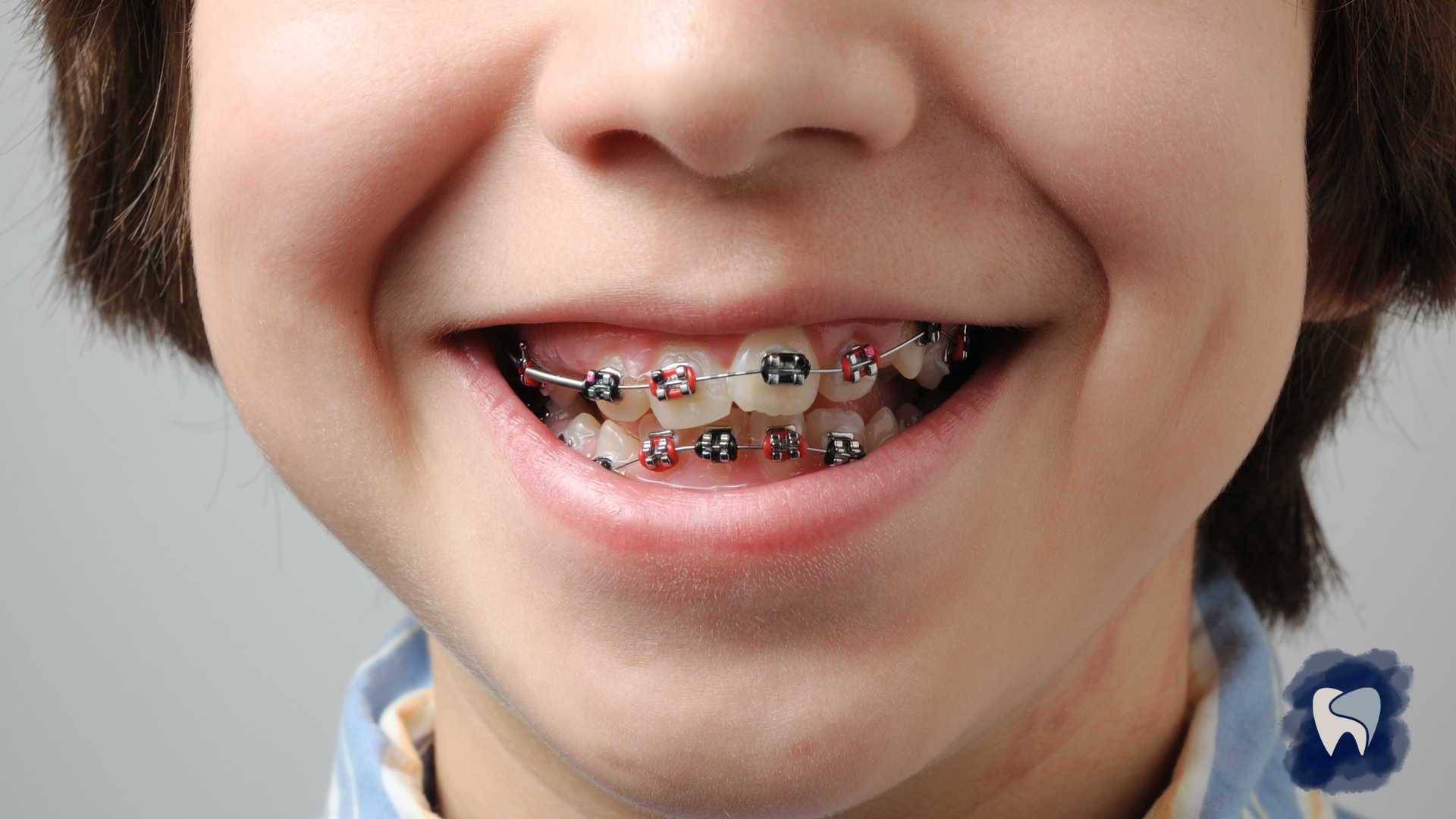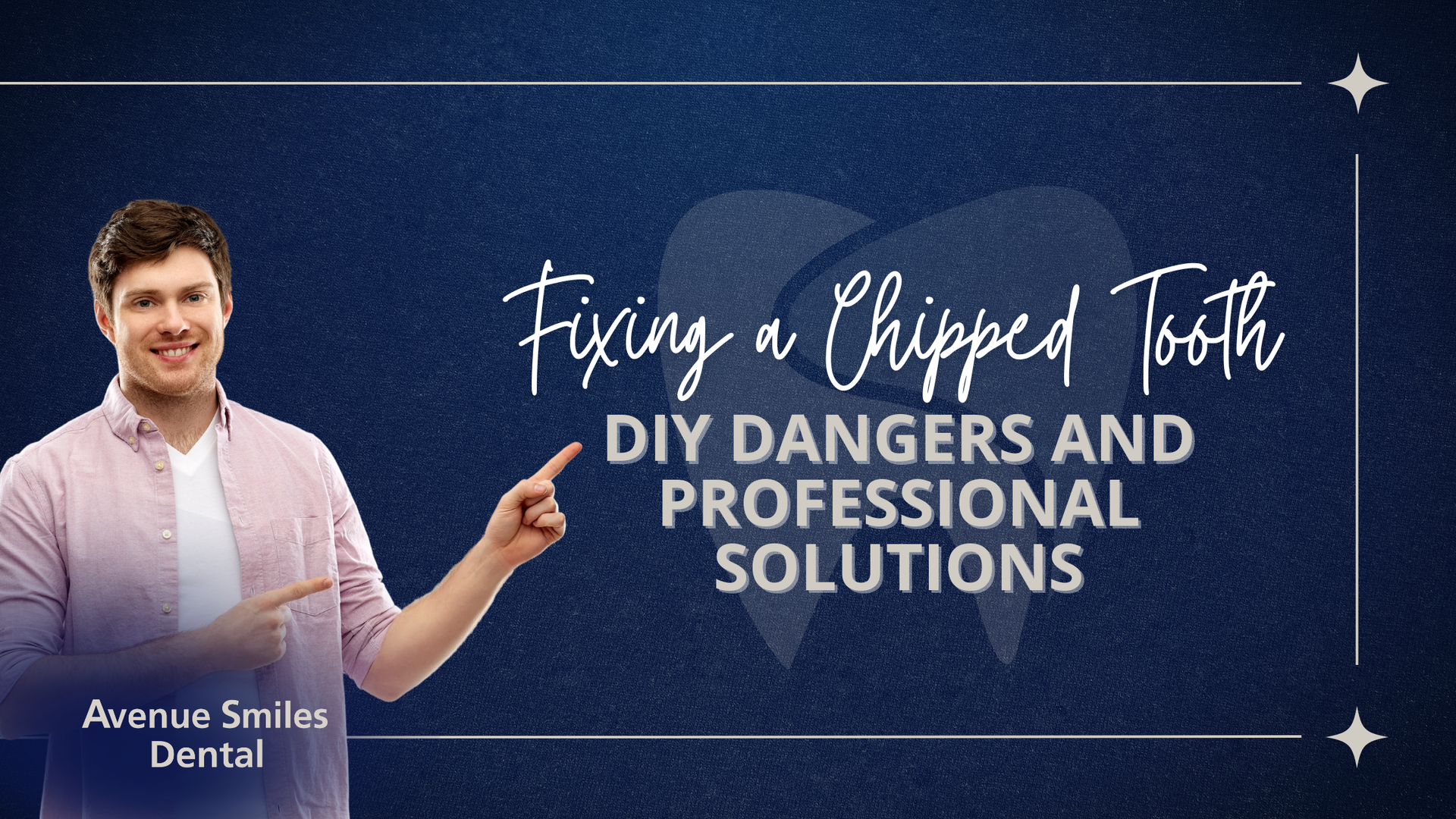Helping Your Child Stop Thumb-Sucking: A Parent’s Guide

Source: Dr. Marketing
Thumb-sucking and pacifier use are natural soothing habits for infants and toddlers. These behaviors provide comfort, help with self-regulation, and can even assist with sleep. However, prolonged thumb-sucking or pacifier use can impact a child’s oral development, leading to potential dental issues if the habit continues beyond a certain age.
At Avenue Smiles Dental in North York, Dr. Ava Naghavi and Dr. Arazm Farhangfar help parents understand how these habits affect their child’s teeth, what signs to look for, and how to encourage a smooth transition away from thumb-sucking and pacifier use. In this blog, we will explore the dental effects of these habits, possible long-term concerns, home remedies to prevent them, and how we can assist in maintaining your child’s oral health.
Why Do Children Suck Their Thumbs or Use Pacifiers?

Sucking is a natural reflex for infants, often beginning in the womb. It provides comfort and security while also helping babies learn to feed. Many children stop on their own between the ages of two and four, but in some cases, the habit persists beyond this stage.
Parents often wonder when thumb-sucking or pacifier use becomes a concern. While occasional use is normal in infancy, prolonged reliance on either habit can lead to oral development issues and misalignment of teeth.
How Thumb-Sucking and Pacifiers Affect a Child’s Teeth

Changes in Tooth Alignment
Prolonged thumb-sucking or pacifier use can cause the front teeth to be pushed outward, resulting in an open bite where the upper and lower teeth do not touch when the mouth is closed. This can affect a child’s ability to bite and chew properly.
Impact on Jaw and Palate Development
The constant pressure of a thumb or pacifier can alter the shape of the jaw and palate (roof of the mouth). This may lead to a narrowed upper jaw, making it harder for permanent teeth to emerge in the correct position.
Speech Development Issues
When thumb-sucking or pacifier use continues as the child’s teeth and mouth develop, it can interfere with tongue placement and speech patterns. Some children develop lisps or difficulty pronouncing certain sounds due to altered tongue positioning.
Risk of Overbite and Crossbite
Thumb-sucking can cause the upper front teeth to protrude, creating an overbite. In some cases, the lower teeth may shift inward, leading to a crossbite, which affects how the teeth align when biting down.
Increased Risk of Dental Decay
Pacifiers can introduce an increased risk of cavities, especially if dipped in sugary substances like honey or juice. This habit encourages bacterial growth and weakens tooth enamel, leading to early childhood tooth decay.
Potential Long-Term Dental Concerns

Thumb-sucking and pacifier use are common self-soothing behaviors in young children, but when these habits persist beyond the age of four or five, they can begin to affect oral development in ways that may require dental or orthodontic intervention. The longer a child continues thumb-sucking or pacifier use, the greater the risk of lasting dental changes, some of which can impact the alignment of permanent teeth, jaw growth, and overall oral function.
Delayed Permanent Tooth Eruption
Prolonged thumb-sucking or pacifier use can affect the alignment of baby teeth, which in turn may delay the eruption of permanent teeth. When baby teeth shift out of place due to constant pressure, it can block the natural path of adult teeth, leading to crowding or improper tooth positioning that may require orthodontic treatment.
Changes in Jaw and Facial Growth
The repetitive motion of sucking places pressure on the jaw and palate, which can gradually change their shape. This may cause an open bite, where the upper and lower front teeth do not touch when the mouth is closed, or a narrowed upper jaw, leading to bite misalignment. These structural changes can affect facial proportions and overall oral function.

Breathing and Swallowing Issues
Thumb-sucking can impact tongue posture, sometimes leading to mouth breathing instead of nasal breathing. This habit can result in dry mouth, increased risk of cavities, and improper tongue function. Some children may also develop tongue thrusting, where the tongue pushes against or between the teeth when swallowing, further contributing to misalignment.
Increased Need for Orthodontic Treatment
If thumb-sucking or pacifier use continues past early childhood, it increases the likelihood of needing braces or other orthodontic treatments. Misalignment issues like overbites, open bites, and crossbites are common outcomes, often requiring braces, retainers, or palatal expanders to correct.
Addressing these habits early helps prevent long-term dental complications and reduces the need for extensive treatment. At Avenue Smiles Dental in North York, we guide parents on effective strategies to help children transition away from thumb-sucking and pacifiers before lasting dental changes occur.
How to Prevent or Break the Habit at Home

Helping children transition away from thumb-sucking or pacifier use requires gentle encouragement, consistency, and positive reinforcement. While every child is different, several strategies can make the process smoother.
- Establish a Reward System: Children respond well to positive reinforcement. Creating a reward chart with stickers or small prizes for each day without thumb-sucking can motivate them to stop.
- Introduce Comfort Alternatives: If thumb-sucking is tied to anxiety or sleep routines, providing a soft blanket, stuffed animal, or soothing music can offer similar comfort without affecting oral development.
- Limit Pacifier Use Gradually: Instead of taking the pacifier away suddenly, try reducing use to only bedtime, then gradually phase it out. Introducing a special bedtime routine can help ease the transition.
- Identify Triggers and Redirect: Many children suck their thumbs when they feel bored, tired, or anxious. Identifying triggers and offering alternative activities like holding a toy or squeezing a stress ball can help reduce the habit.
- Try Bitter-Tasting Solutions (As a Last Resort): For persistent thumb-sucking, some parents apply a safe, bitter-tasting solution to the child’s thumb. This discourages the habit but should be used carefully to avoid distressing the child.
- Praise Progress, Avoid Punishment: Children respond best to gentle encouragement. Scolding or punishing a child for thumb-sucking may create anxiety and reinforce the behavior as a coping mechanism. Instead, celebrate small achievements and encourage their independence.
How We Help with Thumb-Sucking and Pacifier-Related Issues

At Avenue Smiles Dental in North York, Dr. Ava Naghavi and Dr. Arazm Farhangfar offer personalized guidance to help parents manage thumb-sucking and pacifier use. Our goal is to support your child’s oral health and development while making the process stress-free.
During a visit, we
- Assess the impact of thumb-sucking or pacifier use on your child’s teeth and jaw development.
- Provide customized strategies to help your child transition away from these habits.
- Offer habit-breaking appliances, such as thumb guards, if needed.
- Monitor tooth alignment and jaw growth to determine if early orthodontic intervention may be required.
If thumb-sucking has already affected tooth alignment, early intervention can minimize the need for extensive orthodontic treatment later on. Our team will help you create a personalized plan to protect your child’s dental health.
Helping Your Child Build Healthy Oral Habits

Thumb-sucking and pacifier use are natural habits for infants and toddlers, but prolonged use can lead to dental concerns, misalignment, and speech development issues. The key to preventing future complications is early intervention and a gentle approach to breaking the habit.
At Avenue Smiles Dental in North York, we work closely with parents to ensure their child’s oral health remains on track. Whether you are looking for guidance, reassurance, or early treatment options, our team is here to help. Concerned about how thumb-sucking or pacifier use is affecting your child’s teeth? Schedule an appointment today for guidance and a healthy start to their smile!
Related Posts



We are the Toronto dentist near you!
It’s Your Smile, Let Us Help You Make It Your Best
Request A Dental Appointment
We look forward to seeing you soon! Please note, we will do our best to accommodate your schedule. You can reach us on (416) 781-1704 or complete the form below.
We ask that you arrive to your appointment 15-minutes early.
Regarding insurance, we take care of the claim filing and processing.
Thank you so much for contacting our dental practice. While we strive to respond to all inquiries right away, we may be away from the desk helping a patient or out of the office. We will do our best to reach back to you shortly.
Please note, if this is a dental emergency, it would be best to call our practice as this is the fastest way to reach us (416) 781-1704.
Please try again later
North York Dentist
We understand that trying to find a nearby dentist you can trust is difficult, that is why we make it easy for you to work with us.
(416) 781-1704
1704 Avenue Road, Unit A&B, North York, ON, M5M 3Y4, Canada
info@avenuesmilesdental.com
Helpful Links
Practice Hours
- Monday
- -
- Tuesday
- -
- Wednesday
- -
- Thursday
- -
- Friday
- -
- Saturday
- -
- Sunday
- Closed
All Rights Reserved | Avenue Smiles Dental
All Rights Reserved | Avenue Smiles Dental
Dentist Website Diagnosed, Treated, and Cured by Dr. Marketing Inc
